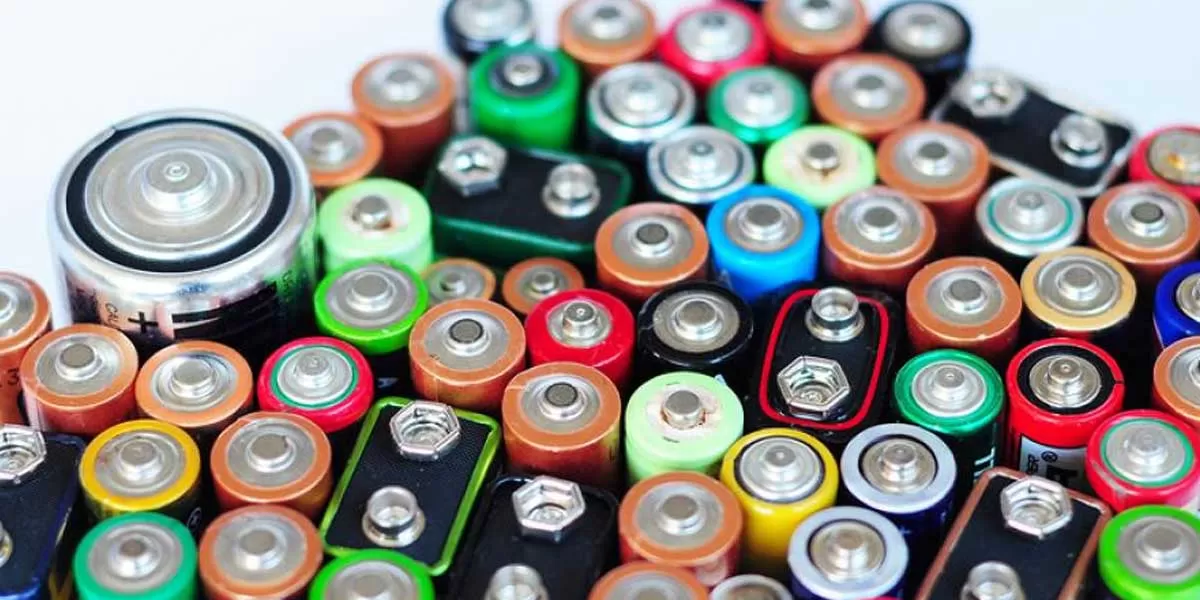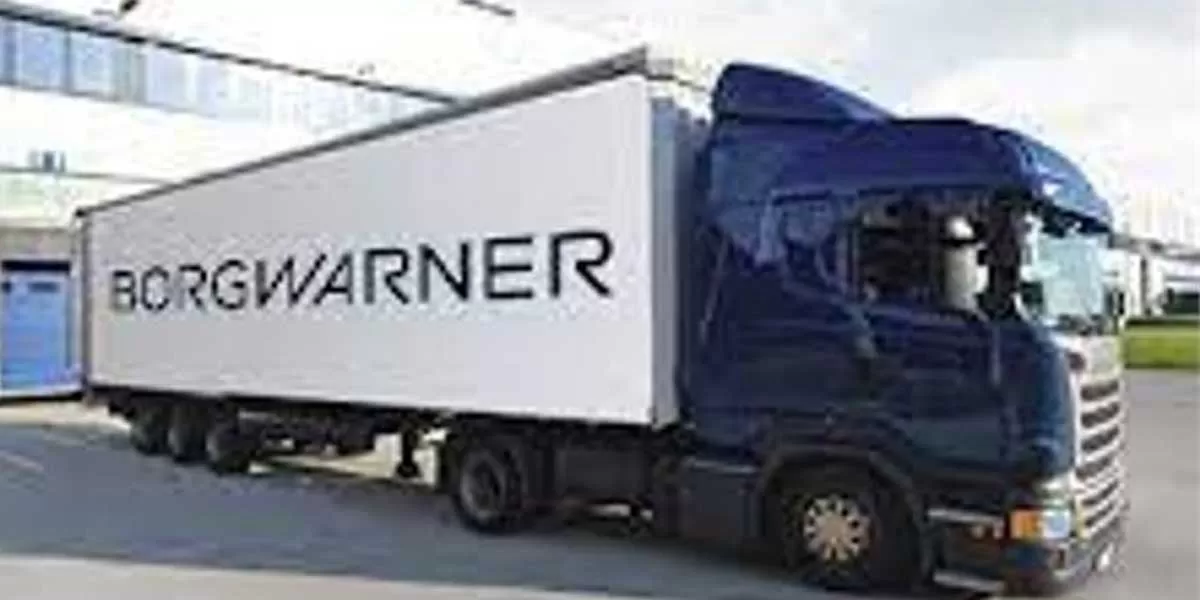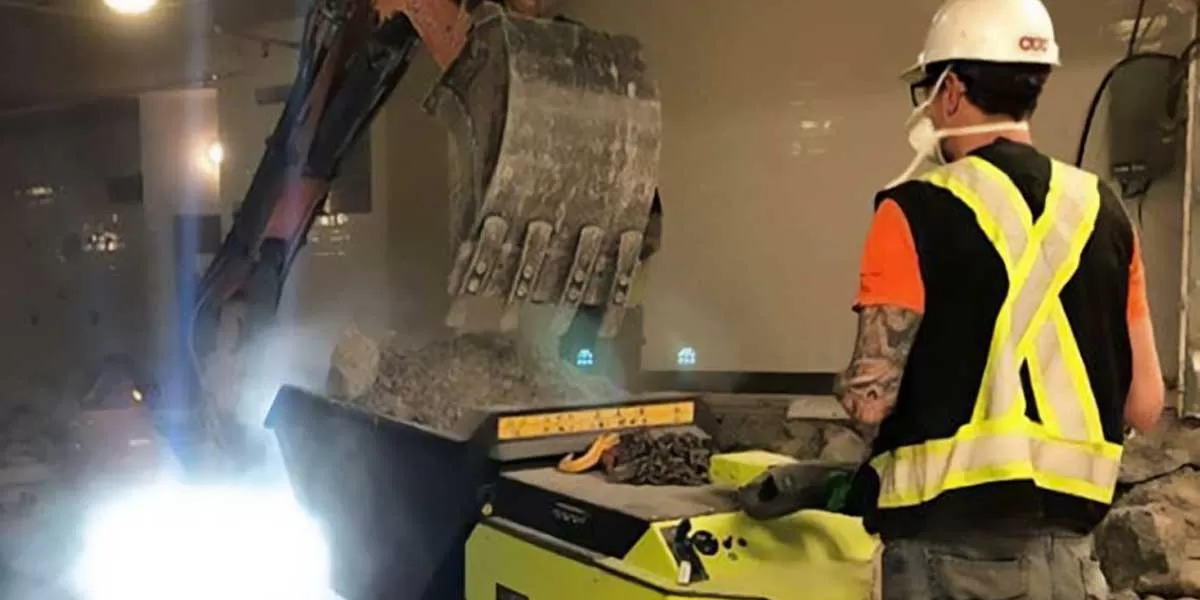
Reliance, JSW Among Bidders for ACC Battery PLI Scheme
Redefine the future of urban mobility! Join us at the Metro Rail Conference 2025 to explore groundbreaking ideas and insights. 👉 Register today!

BorgWarner's Advanced eMobility Solutions at Bharat Mobility 2025
BorgWarner will highlight its latest advancements at the Bharat Mobility Global Expo 2025 in New Delhi, showcasing a comprehensive range of technologies designed to accelerate the shift towards electrification in the Indian market. At Booth M5 in Hall H2 at the Components Show in Yashobhoomi, Dwarka, New Delhi, BorgWarner will present its latest developments in electrified drivetrain solutions. “Our participation in the Bharat Mobility Global Expo marks a significant opportunity to showcase our pioneering eMobility technologies,” said Dr. Stefan Demmerle, Vice President of BorgWarner Inc...

GEPL Unveils Room & Pillar Mining Equipment
Gainwell Engineering (GEPL), a leader in advanced mining solutions, has unveiled the first-ever domestically manufactured room and pillar mining equipment package. Delivered to Eastern Coalfields, the breakthrough equipment marks a significant milestone for the nation's manufacturing and coal mining sector. This major achievement furthers India’s efforts to establish itself as a global hub for manufacturing excellence while promoting the 'Make in India' initiative in an otherwise imports-dependent sector, as envisioned by the Prime Minister. It has also begun a new chapter in strengthening t..

Brokk Inc. Named Dealer for Ecovolve Electric Dumpers
Brokk Inc., the North American distributor for Brokk demolition robots and Aquajet Hydrodemolition equipment, is now a dealer for Ecovolve electric, high-tip dumpers. With low noise and a charge that lasts eight hours, a compact Ecovolve electric dumper is a perfect partner for debris clean-up during demolition with a Brokk robot. The electric dumpers are also an ideal solution for any type of debris removal where the user is interested in fuel and maintenance savings or requires low-noise, emission-free equipment. “Like Brokk, Ecovolve products are electric and compact — perfectly suited..















